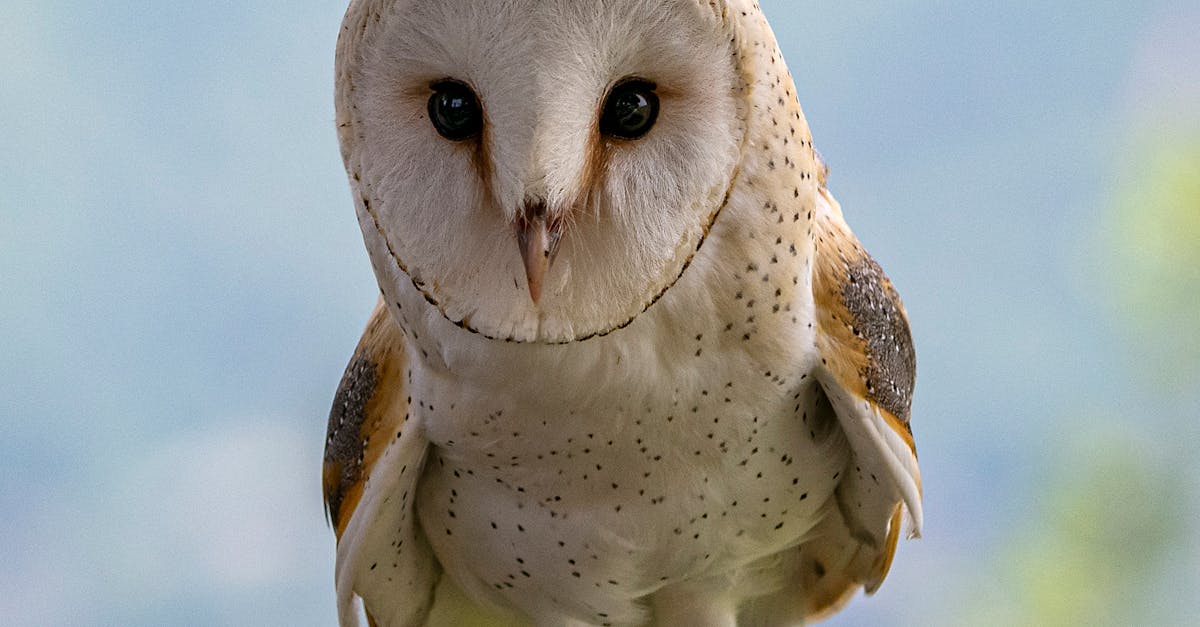Snowy owls are undeniably majestic creatures, and their striking white feathers and piercing eyes can captivate anyone. But if you're wondering whether you should keep one as a pet, it's important to dig deeper into their needs, legal considerations, and the ethical implications. As a veterinarian, I’m here to provide clear guidance to help you make an informed decision.
🩺 Vet Recommendations
While snowy owls may seem like exotic and fascinating companions, they are wild animals that require very specific care. Unlike domesticated pets like cats or dogs, snowy owls have evolved to thrive in the wild, where they are free to hunt, fly long distances, and live in cold climates. Keeping them as pets is not only impractical but can be harmful to their well-being.
In most cases, snowy owls are not suitable as pets for the following reasons:
- They have highly specialized dietary and environmental needs.
- They require significant space to fly and exercise.
- They are protected by laws in many countries, making private ownership illegal without permits.
If you’re drawn to snowy owls, there are ethical ways to appreciate them, such as supporting wildlife conservation efforts or visiting a licensed sanctuary.
📋 Care Tips
For those who are legally permitted and properly trained to care for snowy owls, meeting their needs can be incredibly challenging. Here are some key considerations:
- Diet: Snowy owls are carnivorous and primarily eat small mammals like lemmings, mice, and rabbits. Providing a consistent, appropriate diet is complex and requires sourcing fresh, whole prey.
- Space: These birds need large enclosures that mimic their natural environment, including ample space for flight and hunting behavior. Keeping them in a small cage is cruel and detrimental to their health.
- Temperature: Snowy owls are adapted to cold climates. They cannot tolerate warm or humid environments for extended periods, which limits where they can be kept.
- Behavioral Needs: Snowy owls are solitary and territorial birds. They are not social animals like dogs or cats and do not form bonds with humans in the same way. They may become stressed or aggressive in captivity.
Even under ideal conditions, snowy owls do not thrive as pets and often experience a reduced quality of life in captivity.
✅ Do’s and Don’ts
- Do: Learn about snowy owls through documentaries, books, or guided tours at wildlife sanctuaries.
- Do: Support conservation programs that protect snowy owls and their habitats.
- Don’t: Attempt to keep a snowy owl as a pet without proper training, permits, and facilities.
- Don’t: Buy snowy owls from unlicensed breeders or illegal wildlife markets.
Snowy owls are best appreciated in their natural habitat or in environments specifically designed for their care, such as licensed sanctuaries or rehabilitation centers.
💡 Expert Advice
As a veterinarian, I strongly advise against keeping snowy owls as pets. These magnificent birds belong in the wild, where they can live out their natural behaviors and contribute to their ecosystems. If you’re passionate about snowy owls, consider becoming involved in conservation efforts or volunteering at a wildlife rehabilitation center.
Remember, there are countless domesticated pets available that can provide companionship and joy without the ethical and logistical challenges of keeping a wild animal. Cats, dogs, rabbits, and even certain bird species like cockatiels or parrots are far better suited to living alongside humans.
By choosing a pet that aligns with your lifestyle and resources, you can ensure a happy, healthy relationship for both you and your animal companion.
FAQs
Q: Is it legal to own a snowy owl?
A: In most countries, it is illegal to own a snowy owl without special permits. These birds are protected under laws like the Migratory Bird Treaty Act in the United States.
Q: Can snowy owls be tamed?
A: Snowy owls are wild animals and cannot be truly tamed. While they can become accustomed to human interaction in captivity, they retain their natural instincts and behaviors.
Book a $49 online vet consultation at https://www.dialavet.com for fast, expert advice.























